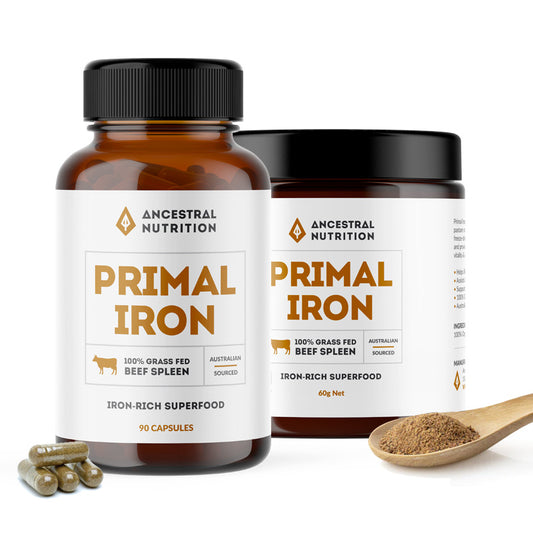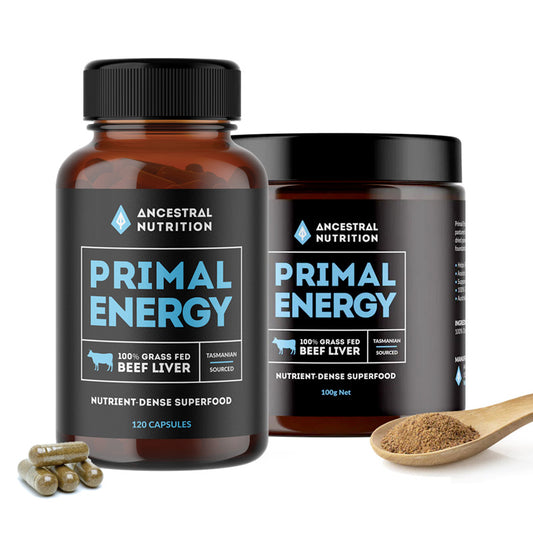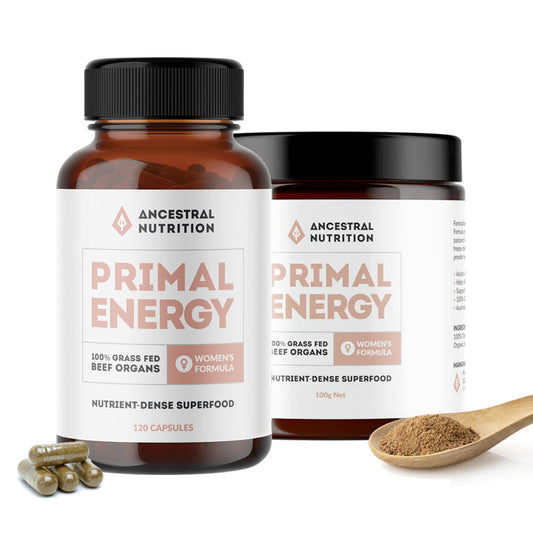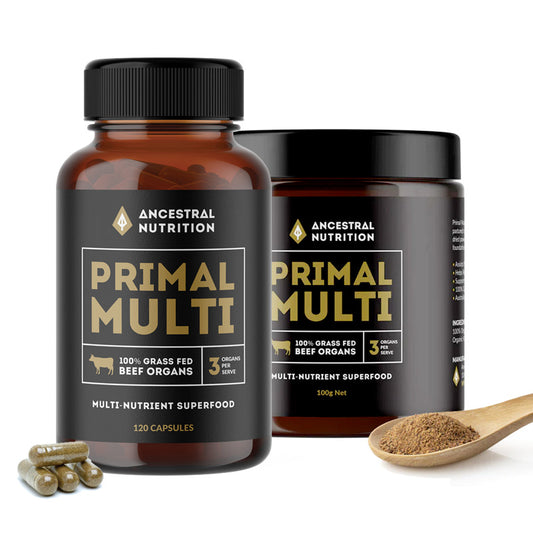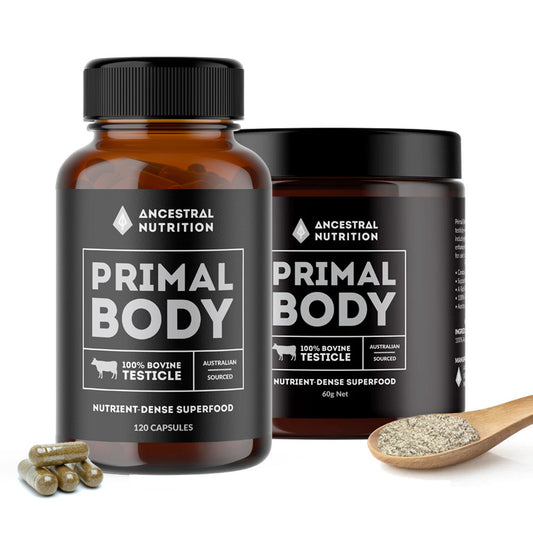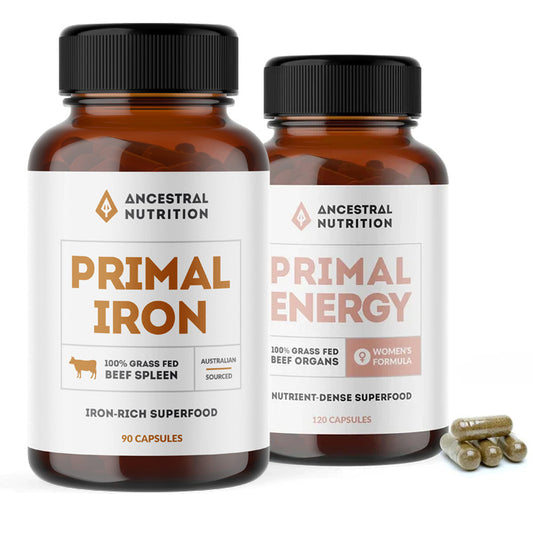Organ Meats: A Beginner’s Guide for Families
article by Ancestral Nutrition
As interest in traditional foods grows, many parents are curious about incorporating organ meats into their family's diet. Known for their nutrient density, organs like liver, kidney, and heart have been eaten for generations across many cultures as part of a whole-food diet.
Are Organ Meats Suitable for Children?
Organ meats are simply whole foods—just like meat, vegetables, or eggs. When properly sourced from clean, grass-fed animals, they can form part of a varied and balanced diet suitable for the whole family. They contain naturally occurring vitamins and minerals that are important for general health and wellbeing.
However, children have unique nutritional needs, so we always recommend speaking with your healthcare provider or dietitian before introducing new foods or food-based supplements—especially for younger children or those with dietary sensitivities.
Naturally Occurring Nutrients in Organ Meats
Beef liver and other organs naturally contain:
- Vitamin B12, which contributes to normal energy metabolism
- Iron, which is needed for normal oxygen transport in the body
- Vitamin A, in its preformed (retinol) form
- Vitamin K2, a lesser-known nutrient involved in calcium metabolism
- Trace minerals like selenium, zinc and copper
These nutrients are commonly found in smaller amounts across other whole foods and may complement a well-rounded diet.
Serving Suggestions
For those new to the taste of organ meats, capsules or powders made from freeze-dried organs can be a gentle introduction. Some families choose to open capsules and mix the powder into food like mince, pasta sauce, or smoothies.
Our freeze-dried organ products are made from 100% grass-fed, Australian beef and contain no additives or fillers. We suggest beginning with small amounts and observing tolerance, especially in younger family members. As always, please consult your healthcare provider for personalised advice.
Note: This information is intended for general education only and is not a substitute for professional medical advice. Please speak with your healthcare provider before making changes to your or your child’s diet.

